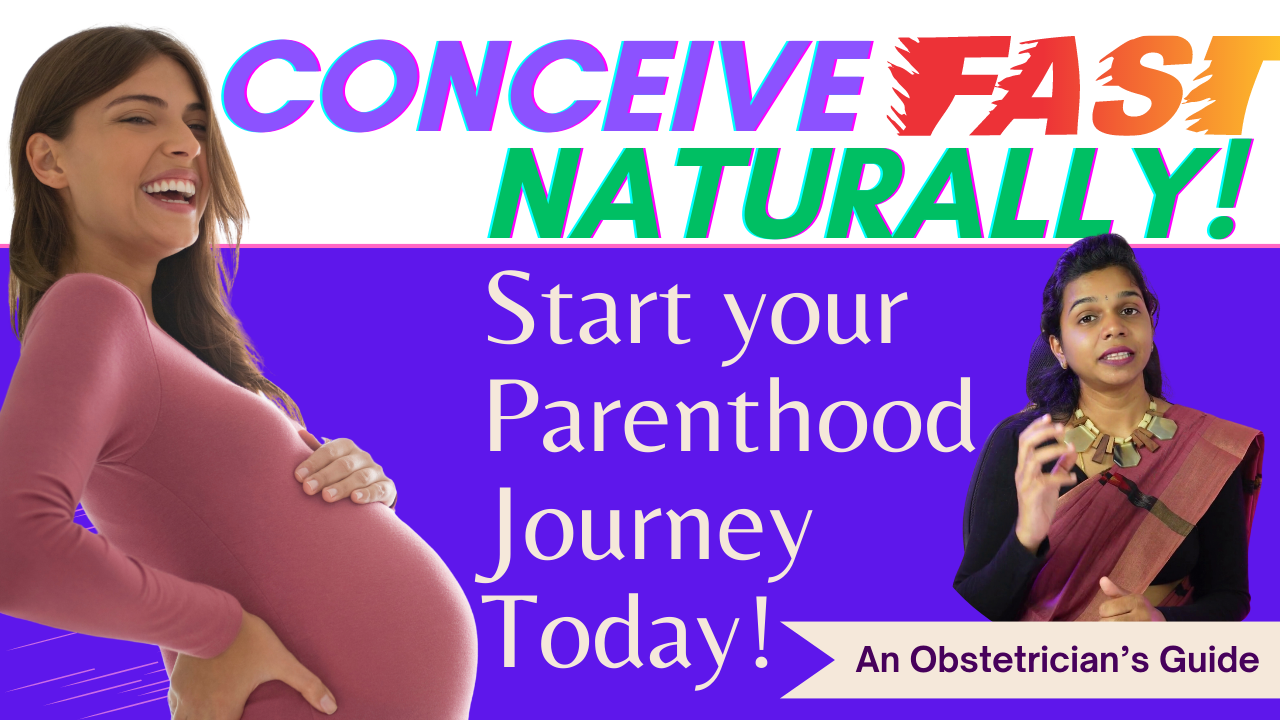Trying to conceive involves understanding your fertile window, identifying ovulation signs, making optimal lifestyle choices, and managing stress. Your fertile window falls around the ovulation period in your menstrual cycle. During ovulation, watch out for signs like increased watery vaginal discharge and abdominal pain. Healthy habits, such as a balanced diet, regular exercise, and stress management, can boost fertility. Pre-conceptional counselling is also beneficial for assessing overall health before trying for a baby. If you’ve been trying to conceive for over a year without success, or you’re over 35 and haven’t conceived after six months, consult a gynaecologist.
Every journey to parenthood is unique, and not all couples conceive at the same pace. It’s essential to stay patient and hopeful throughout the process. Following the natural tips given below could significantly enhance your chances of conceiving. Dr. Ramya Sadaram, a prominent Obstetrician, Gynaecologist, Laparoscopic surgeon, and fertility specialist from Visakhapatnam, explains the steps to improve fertility and increase the likelihood of pregnancy.
Understanding the Fertile Window
When trying to conceive, you must understand what a “fertile window” is. Every month, an egg is released from the ovary into the fallopian tube, where it remains viable for 24 hours. This period, when the egg can be fertilized by a sperm to form an embryo, is your fertile window.
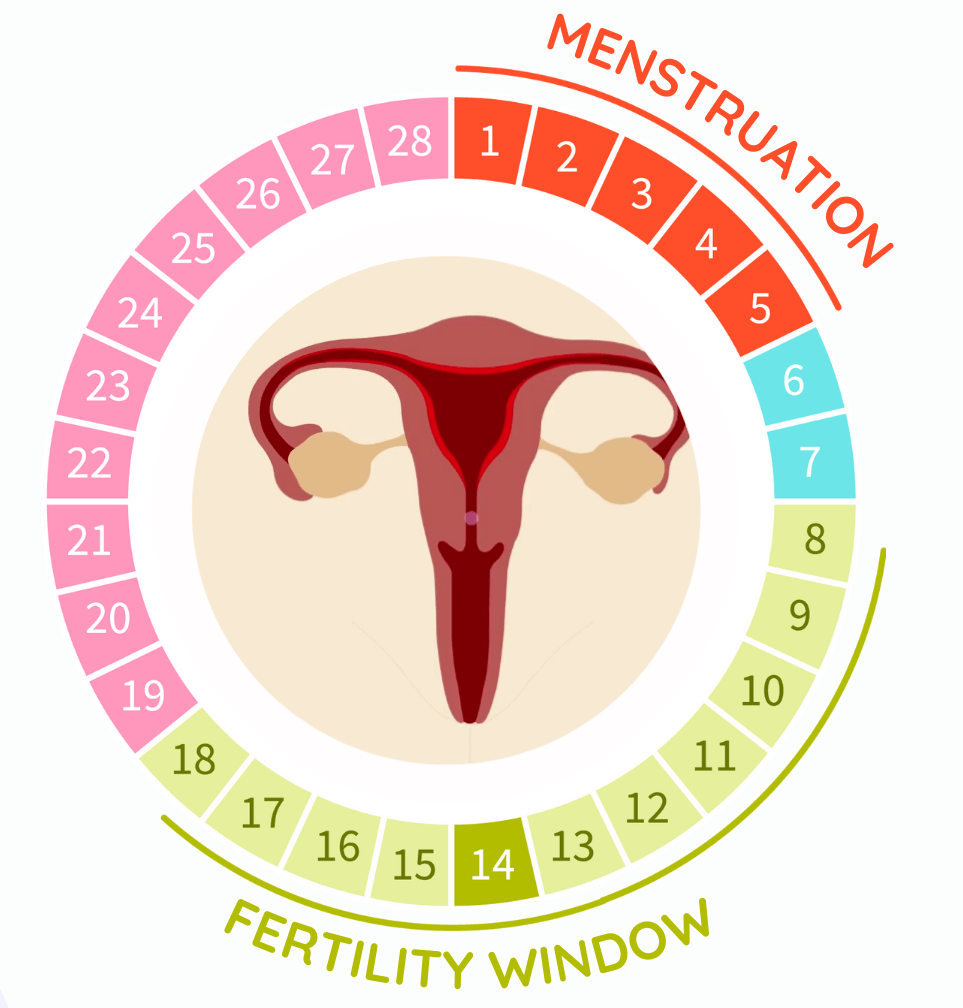
In a regular 28-day menstrual cycle, ovulation (egg release) typically occurs on the 14th day. The fertile period is about five days before and after this ovulation day. Thus, planning intercourse between the 8th and 18th day of the cycle enhances the chances of pregnancy. If your cycle is irregular, ovulation kits available in the market can help determine your ovulation day.
Identifying Ovulation Signs
Your body gives you clear signs when it’s releasing an egg. These signs can include more clear, watery, and stretchy discharge from your vagina that looks a bit like egg white, as well as some belly pain due to a tiny amount of fluid that comes out when the egg is released. By identifying these signs, you can strategically plan intercourse.
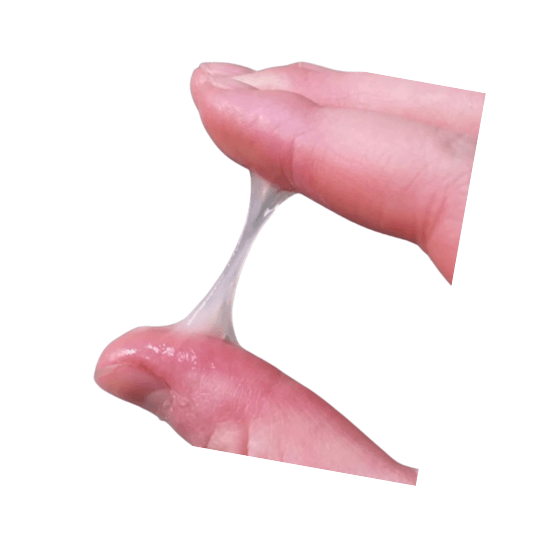
Online Ovulation Calculator
You can also use the online ovulation calculator given below to calculate your approximate ovulation date and fertile window based on your menstrual cycle length.
Optimal Lifestyle Choices
Your diet and exercise regimen are crucial factors in your pre-conception phase. Aim to avoid simple carbohydrates like white rice, white flour, and sugar. Replace them with whole grains, Fresh fruits and vegetables, because they provide essential nutrients, vitamins, and minerals necessary during this phase.
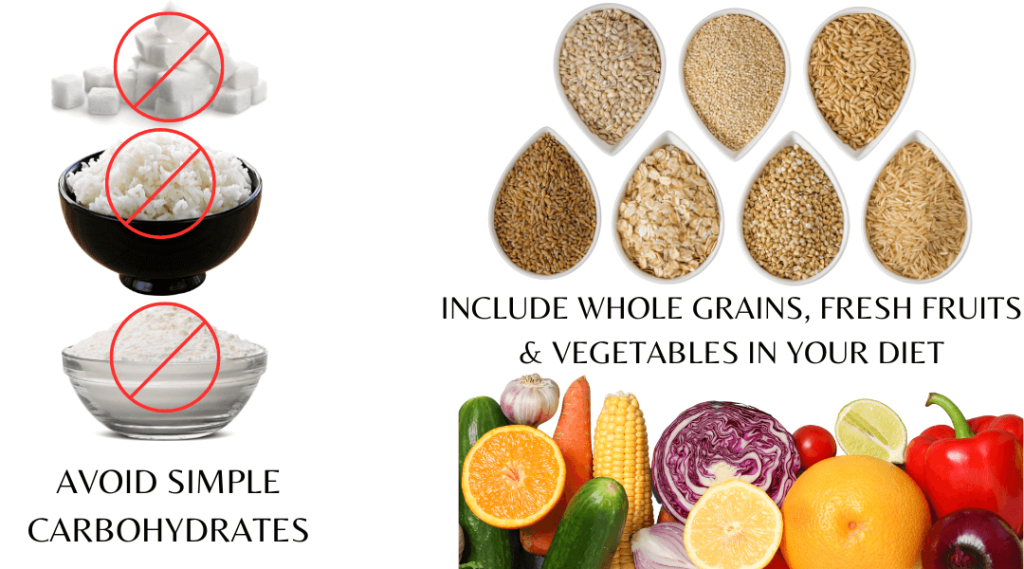
Certain nutrients like Vitamin D, Folic acid, and Zinc are particularly vital for conception. Vitamin D can be sourced from sunlight, fish, or vegetarian sources like soy milk and almond milk. Zinc, which plays a critical role in improving sperm count, can be found in eggs, beans, nuts, and seeds. Folic acid prevents birth defects and is very important for the health of the baby.
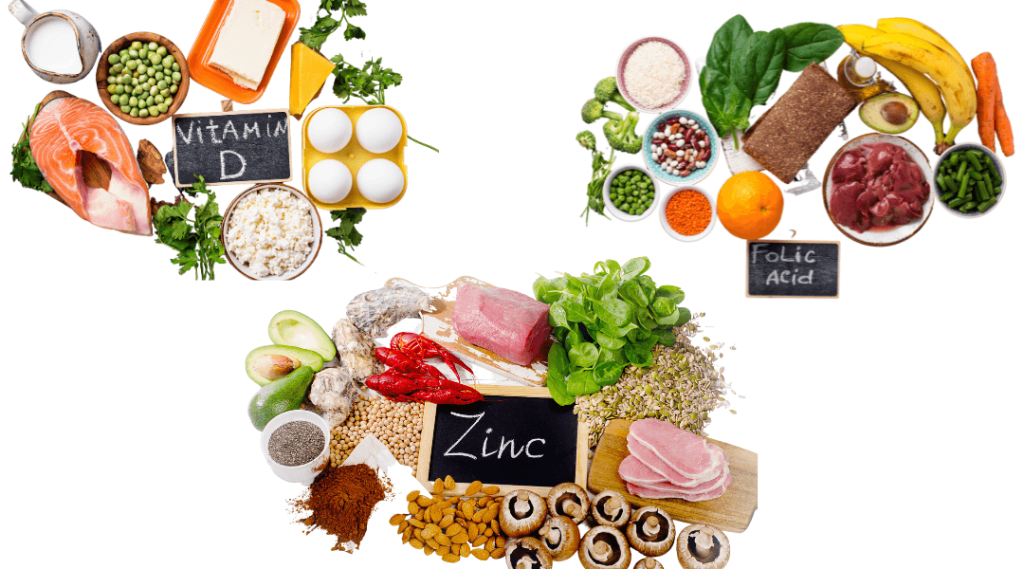
Integrating omega-3 fatty acids, found in walnuts, rice bran oil, and certain fish, into your diet is also advised.

Habits such as smoking and alcohol should be avoided. You should also reduce caffeine intake.
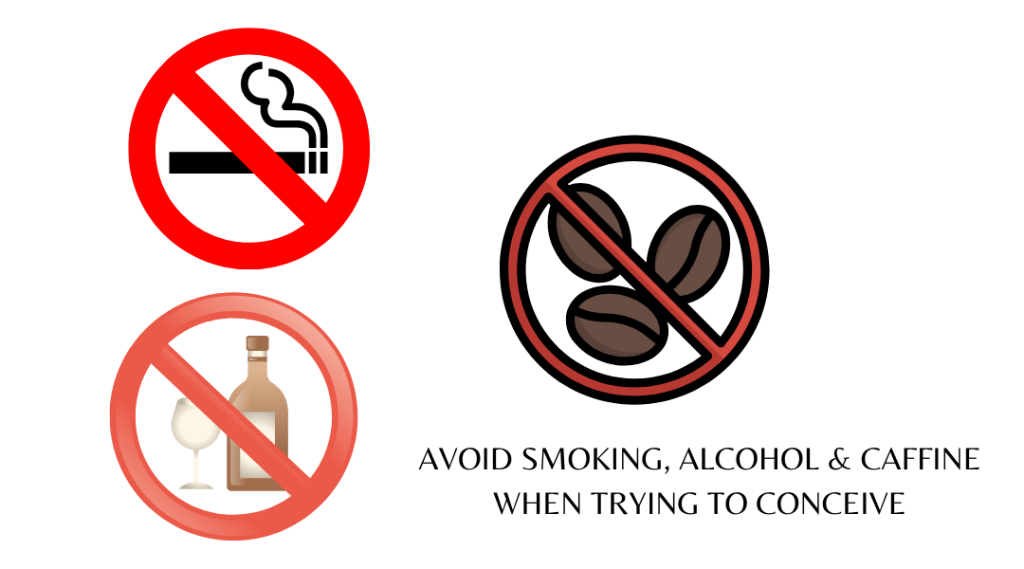
Engaging in regular physical exercise can help control any hormonal imbalances. You don’t have to do strenuous exercises.
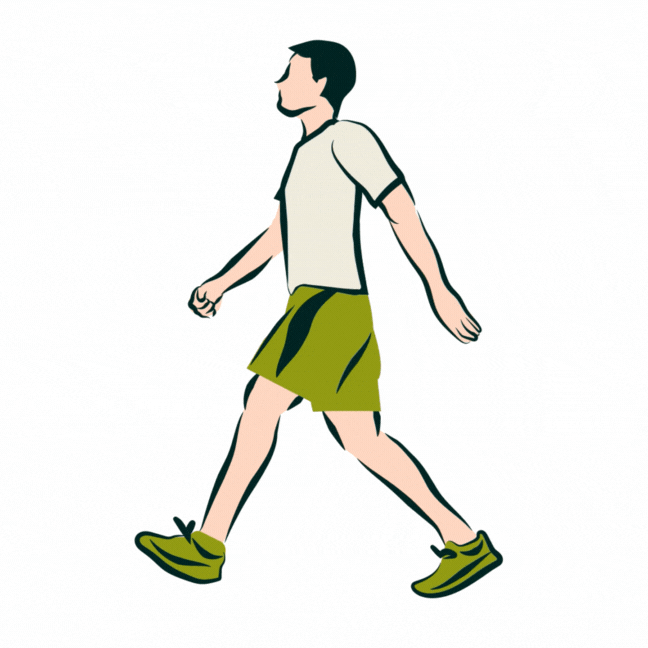
Just a brisk walk for 30-45 minutes per day can notably reduce insulin resistance, a condition linked to obesity, infertility, and hormonal imbalances.
Reducing Stress
High stress levels can interfere with the release of the egg and decrease sperm count and motility. Therefore, maintaining a positive attitude and managing stress is essential when trying to conceive.

Pre-conceptional Counselling
Before planning a pregnancy, both partners should consult a gynaecologist for a pre-conceptional assessment. This check-up will include reviewing your weight, BMI, baseline haemoglobin, sugar levels, thyroid profile, and other hormones impacting pregnancy.

When to see a doctor?
If you have been trying to conceive for over a year without success, or if you’re over 35 and have been trying for six months without success, it’s recommended that you consult a gynaecologist. This will help identify any underlying issues like PCOS, tube blockage, or low sperm count or motility.
In conclusion, while everyone’s journey to parenthood is unique, making informed and strategic decisions can greatly increase your chances of conceiving. Remember to stay hopeful, take good care of yourself, and consult your healthcare provider for personalised advice.
